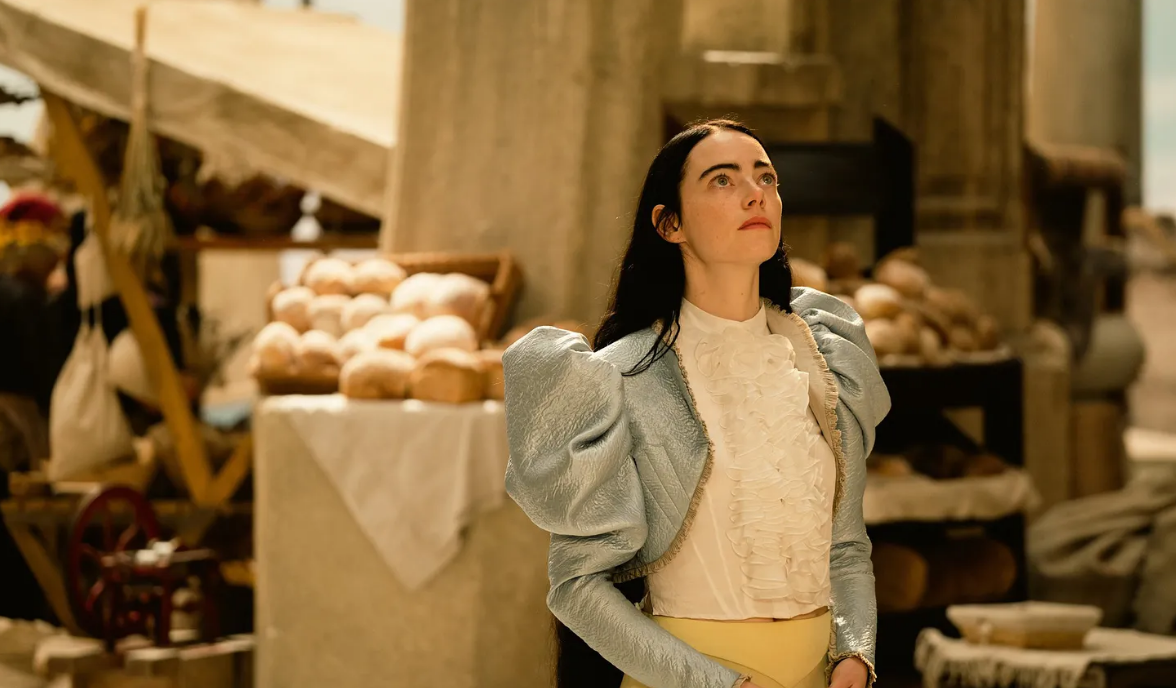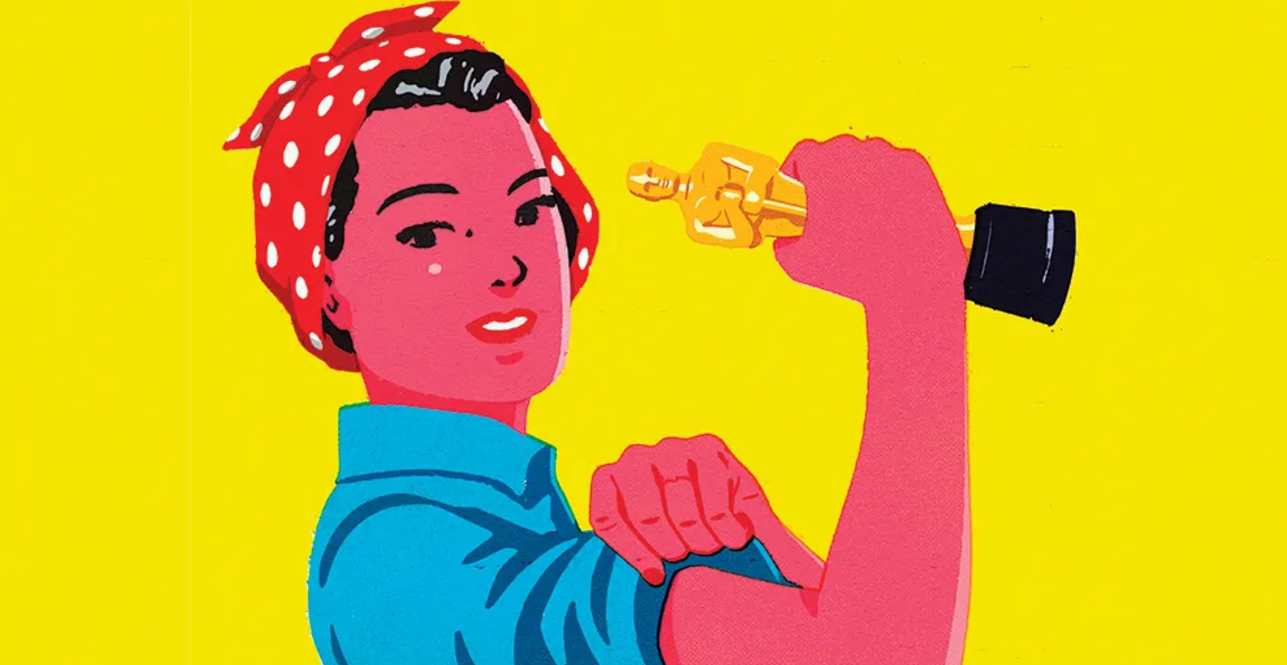By Afroditi A. Karagianni,
In this day and age, the majority of people are familiar with the feminist movement. Feminism, in simple words, supports equality between people, no matter their gender. Its main goal is to demolish the misconceptions, double standards and discrimination against women, while simultaneously supporting their rights as human beings. In the eyes of feminism, all people are different, yet equal, and can be involved with whatever interests them. Women’s empowerment is also another goal of the movement, since it encourages them to be vocal about their ambitions, needs, dreams and life goals. From stay-at-home moms to company CEOs, all women are to be respected and heard, and no choice of theirs is to be considered “better”, as long as it was made by the woman in question.
To many, art mimics life. Consequently, the feminist movement’s appearance in cinema was indeed, inevitable. Some movies presented feminism well, some did it better, and from others, the audience expected better. As a viewer, I decided to review some films that were excessively talked about and share my thoughts on their portrayal of female characters, relationships between genders and the struggles women face today.
Poor Things
Directed in 2023 by Yorgos Lanthimos, Poor Things tells the story of Bella Baxter, a young woman that was brought back to life by a rather peculiar and unorthodox scientist. We follow our protagonist as she travels around the world with her lover, a charming male lawyer, and as she is freed from her time’s prejudices against women, she stands for equality, liberation and self-expression. Hardships are quick to appear, and Bella soon realizes that the road to self-discovery, freedom and authenticity is long and dreary.

The outstanding costumes, vibrant colors, elaborate settings and carefully selected music, elevate the film and help create its distinctive character. All the actors involved are the perfect cast for their role, while Emma Stone, who embodies Bella Baxter, is absolutely phenomenal, and stuns everyone with her flawless performance. The scenario is extremely intriguing, and Lanthimos did an amazing job bringing it to life. Love or hate his directorial work, he truly does something unique and knows how to cooperate with the cast and crew, work the lens and create something truly never done before.
To shift the focus back on today’s topic, I consider Poor Things the perfect example of a film that grasped the concept of feminism correctly and presented aspects of it in a remarkable, honest and direct way.
For starters, one of the things I liked best about this story is Bella’s character. She is spontaneous, empathetic, intelligent, self-assured, stubborn, sensitive yet driven, honest and humorous. A free spirit, a person with ethics, deeply rooted beliefs and the ability to confidently speak her mind. She possesses a vast array of character traits, some of which are considered quite “feminine” (such as sensitivity, spontaneity and empathy) and others, more ‘masculine’ (like stubbornness, confidence and drive), by some people. Through Bella’s example, it is proven that -in reality-no traits belong strictly to one gender. The character of one consists of a variety of characteristics, which they acquired throughout their life thanks to their experiences, interactions and behavior, and has nothing to do with their gender identity. Mind you, how we identify surely influences some aspects of our life that form our character, but the notion that a woman can be sensitive, but never stubborn, has simply no logic behind it.

Moving on, the way women’s sexuality is depicted in the film is also indicative of its feminist premise. Bella is often sexual, gets romantically involved with men and women and talks openly about her sexual activities and how beneficial she finds them. Such an honest conversation about sex and the women participating in it is almost never existent. Surely, these days, films have progressed and are starting to be more open-minded when discussing similar topics. However, up until recently, the double standard when it came to the expression of their sexuality was evident between men and women. Men were allowed –and often encouraged– to be vocal about their sexual habits, whereas women’s remarks on the matter were simply disregarded and considered (by many) “unladylike”, “shameful” and “out of place”. This sexist reality, although slowly starting to shift, is still mostly true, both in cinema and in real life.
In addition, the story revolves around a character that is gradually discovering the treatment women receive in their society. In fact, Bella experiences gender discrimination and brutal aggressions first-hand. She also frequently converses with other women, regarding how some men mistreat them, how hard their life is because of their gender and how they react to these injustices. The film is filled with similar dialogues, that shed light onto important problems women of that society face, many of which are issues existent in the societies of the real world as well.
Poor things did it best. While a film for the maturer audiences, it made women feel empowered, seen, heard and understood. It shook off the two-dimensional and shallow fashion in which many female characters were written in various other movies, raised important questions and addressed recurring societal problems. It is very modern and is absolutely worth a watch, even if you are not a huge fan of Lanthimos’ surrealism, solely for the topics it discusses.
References
- how mean girls demonizes hyper-femininity. Youtube. Available here
- Mattel’s Unceasing Abuse of Chinese Workers: An investigation of six Mattel supplier factories. China Labor Watch. Available here
- Deterioration of Mattel’s Labor Conditions: An Investigation of Four Factories. China Labor Watch. Available here
- #Barbie — An Introduction to Feminism, Patriarchy, and Gender Wars. Medium. Available here




